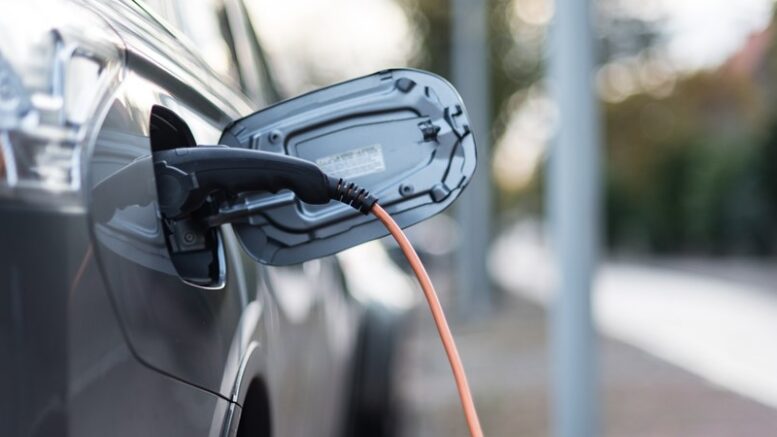Transportation electrification, particularly via privately owned or shared electric cars, is one of the most effective ways for decreasing emissions and mitigating climate change. The market for services to charge electric automobiles is expanding. Unlike conventional internal combustion engine cars, which can only be refuel at petrol stations, the EV charging station infrastructure is growing to meet the needs of customers wherever they may be.
Increasingly, hosts in commercial and industrial buildings like retail centers, office towers, hotel chains, etc. are maintaining and managing charge stations and providing EV charging services as part of eMobility.
Hosts are in a prime position to capitalize on this trend since they already own the necessary infrastructure. Hosts may take into account these five variables to improve EV driver happiness and charging operations:
- Making recharging as easy as possible for EV drivers.
- Providing prompt, proactive solutions to problems
- Taking full control of all financial transactions
- Using analytics and reporting that are based on actionable insights
- Reaping the benefits of cutting-edge smart energy management
Making recharging as easy as possible for EV drivers
Driver satisfaction and loyalty may be increase when hosts provide convenient tools like mobile applications and driver portals. Easy registration, adaptable account and driver administration, and the ability to aid drivers with remote authentication and charging sessions are all vital components of a streamlined EV charging experience.
Providing prompt, proactive solutions to problems
Automated self-healing, proactive, and remote problem resolution keep the chargers working smoothly and decrease TCO (total cost of ownership) so that customers have access to them around the clock. Complex problems need for straightforward ticketing and support solutions that make it simple to keep tabs on incidents, investigate their causes, and find a solution.
Taking full control of all financial transactions
Drivers of electric vehicles need simple payment options and access to their charge records, invoices, and other billing information.
In order to provide hosts with the versatility to handle payment plans according to time, session, and power use, a complete solution is require. Maximizing monetization and EV driver happiness requires equitable cost distribution between drivers and renters, charge reimbursement for workers charging at home, and tax computations for non-paying drivers. Improve your client retention with loyalty programs that are simple to set up and maintain.
Using analytics and reporting that are based on actionable insights
In-depth monitoring dashboards guarantee efficient procedures. Managers at the host company can make more informed choices thanks to real-time data on factors such as the number of charged vehicles, the number of available chargers, energy consumption, battery life, the amount of carbon dioxide reduced, and more. The capacity to create new services is boosted by analyses of drivers’ charging habits and billing records.
Reaping the benefits of cutting-edge smart energy management
Managing energy use intelligently benefits not only EV drivers but also hosts. Drivers of electric vehicles may optimize charging costs by choosing the charging rate. Costly upgrades to infrastructure may be avoided, and peak charging times can be kept to a minimum with the help of innovative energy management that provides load balancing, peak-shaving, and integration to renewables. With smart electric vehicles charging, the whole facility is constantly optimized for energy efficiency and load balance.
By concentrating on these five factors, hosts of EV charging station may improve the charging experiences of their guests, raise guest happiness, lower their total cost of ownership (TCO), and increase their return on investment (ROI).

Be the first to comment on "The Five Most Important Elements of a Charging Station Location for Electric Vehicles"